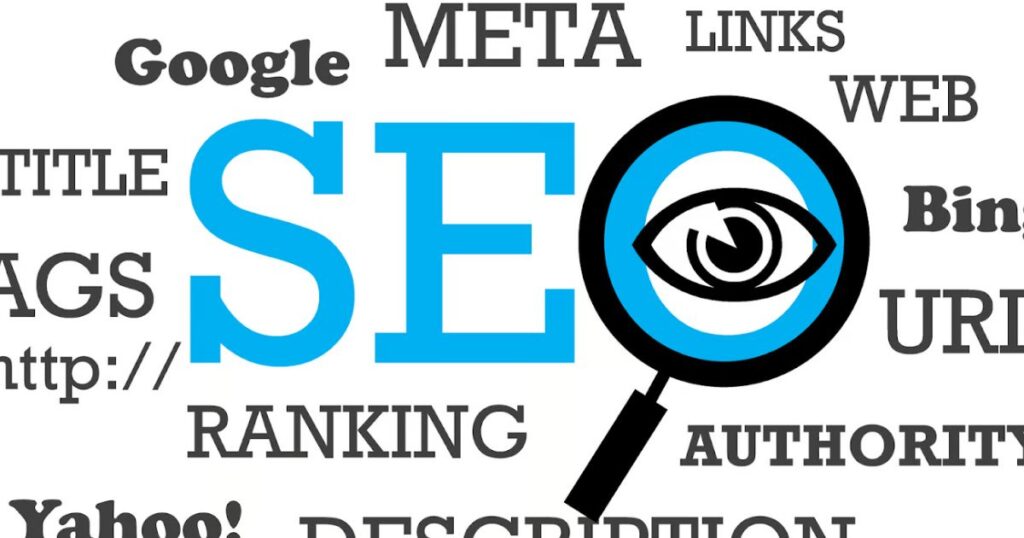When it comes to SEO, there’s no shortage of advice on what to do. However, knowing what to avoid can be equally, if not more, valuable. Common SEO mistakes can derail a website’s ranking and cost businesses time and money as they scramble to repair the damage. From keyword mishaps to technical oversights, the mistakes in SEO are surprisingly easy to make. Even a minor error can lead to a significant dip in search visibility, impacting traffic and revenue. Below, we list some of the most critical SEO mistakes you should avoid.
Not Customizing SEO Strategies for Different Levels
SEO isn’t a one-size-fits-all approach. A common mistake businesses make is failing to tailor their SEO strategies to their unique local, national, or enterprise-level needs. For example, local companies need hyper-targeted content that caters to their specific geographic region, while national businesses require a broader approach. Partnering with an SEO agency that provides customized SEO Services can help identify and address these unique needs effectively. These agencies specialize in adapting strategies to align with local, national, or enterprise-level goals, optimizing reach and results.
Working with a specialized team to understand these nuances can prevent missteps and make your SEO efforts more impactful. Tailored strategies maximize visibility, allowing businesses to focus on relevant audiences, target keywords, and produce more focused content. They also ensure that you’re not wasting resources on generic approaches that don’t move the needle.
Ignoring Mobile Optimization
With mobile users outnumbering desktop users globally, optimizing for mobile is now optional. Google’s algorithm favors mobile-first indexing, meaning it primarily uses a site’s mobile version for ranking and indexing. Ignoring mobile optimization leads to high bounce rates, as users struggle with content and navigation on smaller screens, signaling to search engines that your site may not be user-friendly.
A poor mobile experience can be especially damaging for local businesses, as users often search for services on the go. Implementing responsive design or accelerated mobile pages (AMP) can ensure your website loads quickly and displays correctly across devices. Prioritizing mobile-friendly design improves rankings and keeps users engaged, boosting site performance and conversion rates.
Overloading Content with Keywords
Keyword stuffing used to be a go-to SEO strategy, but today, it’s more damaging than beneficial. Google’s algorithms now prioritize natural language and can easily detect overused keywords. Overloading content with keywords hurts readability and drives away users, which can ultimately harm your rankings.

Instead, focus on creating valuable content where keywords appear naturally within context. Using related terms and synonyms can boost SEO without making the text feel forced. Quality content that flows well will always perform better in search engines than keyword-stuffed material.
Neglecting Technical SEO Elements
Technical SEO, though complex, is crucial for site performance. Page speed, site architecture, and URL structure significantly impact how search engines crawl and index your content. Slow-loading pages or broken links can frustrate users, increase bounce rates, and signal poor quality to search engines, negatively affecting rankings.
Focusing on technical SEO basics—such as improving load times and organizing internal links—can enhance user experience and help search engines navigate your site more effectively. If technical SEO seems overwhelming, consulting with an expert can ensure these essential elements are optimized, building a strong foundation for lasting SEO success.
Relying Solely on Paid Links
Relying heavily on paid links is a risky SEO tactic that can backfire. Although paid links might offer a temporary boost, they violate Google’s guidelines, which favor organic link-building strategies. Search engines are increasingly adept at spotting unnatural link patterns, and sites that rely on paid links risk penalties that can be time-consuming and costly to recover from.

Instead, focus on earning links naturally by creating high-quality, shareable content and building relationships with reputable sites. Organic backlinks from credible sources enhance SEO more effectively than purchased links, helping to build lasting credibility with search engines and support a stronger, penalty-free ranking over time.
Failing to Track and Analyze SEO Metrics
Tracking and analyzing SEO metrics is essential for ongoing success, yet many businesses overlook it. It’s nearly impossible to assess your SEO strategy or identify improvement areas without monitoring key metrics like organic traffic, bounce rate, and conversions. Failing to track performance can lead to missed opportunities and wasted resources, as changes can’t be made to optimize results.
Tools such as Google Analytics and Search Console allow businesses to monitor these crucial data points and gain insights into user behavior and trends. Regularly analyzing and adjusting strategies based on real data ensures your SEO efforts are consistently effective, adaptive, and aligned with current search trends.
A successful SEO strategy requires ongoing adaptation and focusing on quality over shortcuts. By staying informed about evolving SEO practices and avoiding common mistakes, you’ll build a site that ranks well and provides a positive user experience. Emphasizing long-term strategies over quick fixes will ensure your site remains competitive and resilient in the digital landscape.


